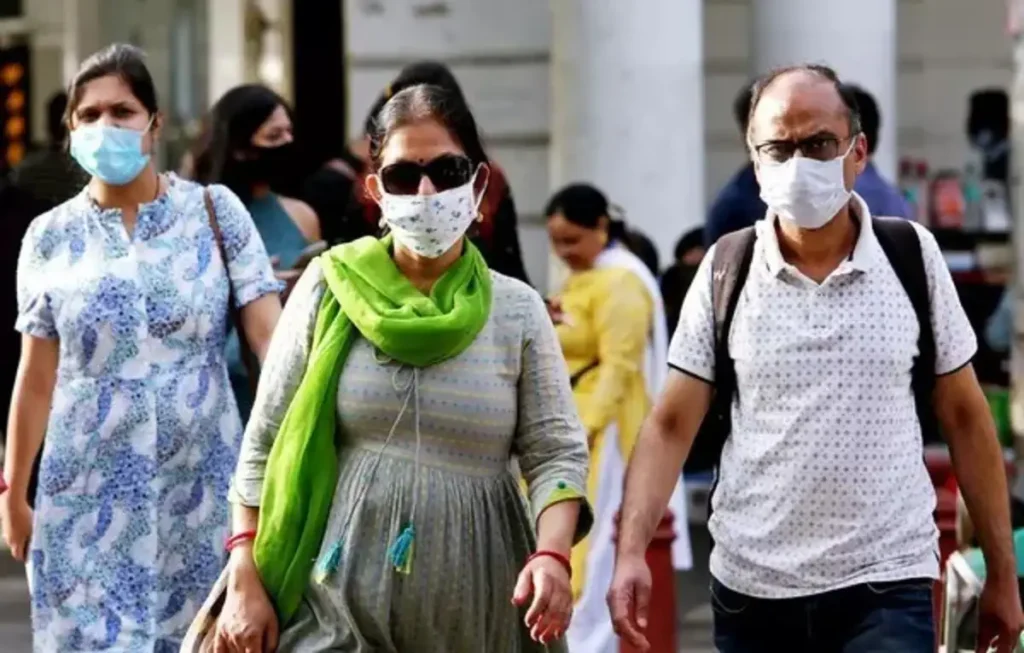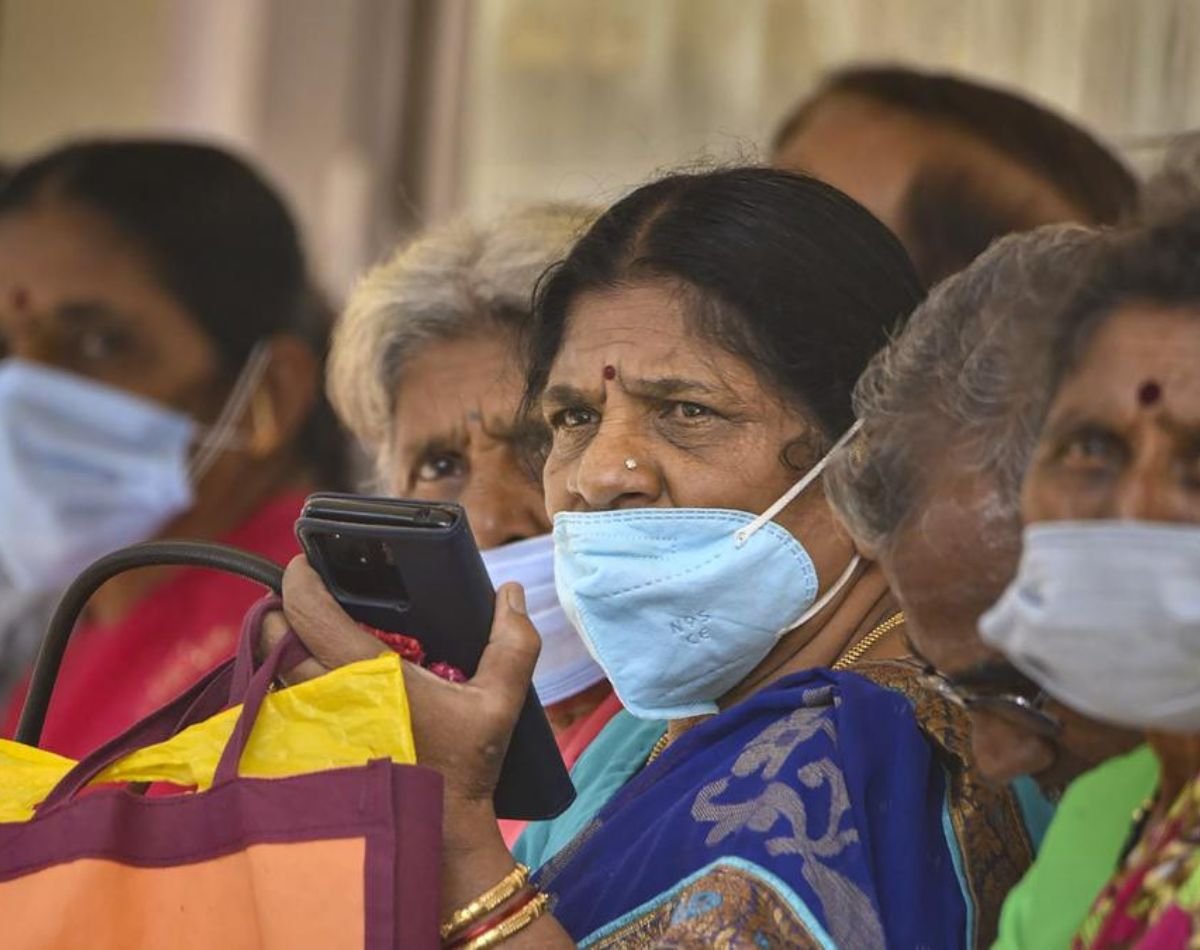India Sees a Resurgence in COVID-19 Cases Amid Global Uptick
India is witnessing a mild resurgence of COVID-19 cases, with 257 active infections reported nationwide as of May 19, 2025. States such as Kerala, Maharashtra, and Tamil Nadu are experiencing the highest daily numbers, prompting health authorities to closely monitor the situation. The rise coincides with new waves of infections in Singapore and Hong Kong, fueled by emerging Omicron subvariants. Despite the uptick, experts assure that the situation remains stable, with no new variants or severe illness reported.
The Current Situation
According to the Ministry of Health, Kerala currently has the highest number of active cases at 69, followed by Maharashtra (44) and Tamil Nadu (34). Other states, including Karnataka, Gujarat, Delhi, Haryana, Rajasthan, and Sikkim, have also recorded new infections. Mumbai’s KEM Hospital recently confirmed two COVID-related deaths, raising concerns among local health officials.
Experts suggest that the modest rise in cases may not accurately reflect the true number of infections, as many individuals with respiratory symptoms do not pursue COVID-19 testing. However, genomic surveillance indicates that the virus has not mutated to cause more severe disease.
Expert Analysis & Quotes
Dr. Rajesh Karyakarte, professor of microbiology at BJ Medical College, Pune, stated: “The variant in Hong Kong is NB.1.8.1, which is a combination of XDV and JN.1. These are derivatives of Omicron variants that have widely circulated in India before. We don’t expect these derivatives to cause a major shift in hospitalization patterns.”
Dr. Arup Halder, consultant pulmonologist at CMRI Hospital, Kolkata, added: “Waning immunity, inconsistent booster uptake, and demand for testing contribute to higher detection rates and infection counts.”
Context & Background
India has battled multiple waves of COVID-19 since the pandemic began in 2019. The country saw devastating surges in 2021, driven by the Delta variant, and later faced challenges with Omicron subvariants in 2022. While the World Health Organization (WHO) declared the pandemic over in May 2023, the virus continues to circulate globally.

The recent rise in cases is attributed to waning immunity, reduced effectiveness of earlier vaccines, and increased social interactions. Cities like Mumbai, Chennai, and Ahmedabad have reported noticeable spikes in infections.
Precautionary Measures & Government Response
The Delhi government has issued an advisory urging citizens to follow basic precautions, including:
- Wearing masks in crowded places
- Practicing frequent handwashing
- Seeking medical attention for flu-like symptoms
Health authorities emphasize that vaccination, hygiene practices, and timely reporting will be essential in preventing a major resurgence.
Conclusion: What’s Next?
While the rise in cases is not alarming, experts stress the importance of continued vigilance. The government is expected to ramp up surveillance and increase testing in high-risk areas.
For the latest updates, visit the Ministry of Health COVID-19 Dashboard.
Share this content:




Post Comment